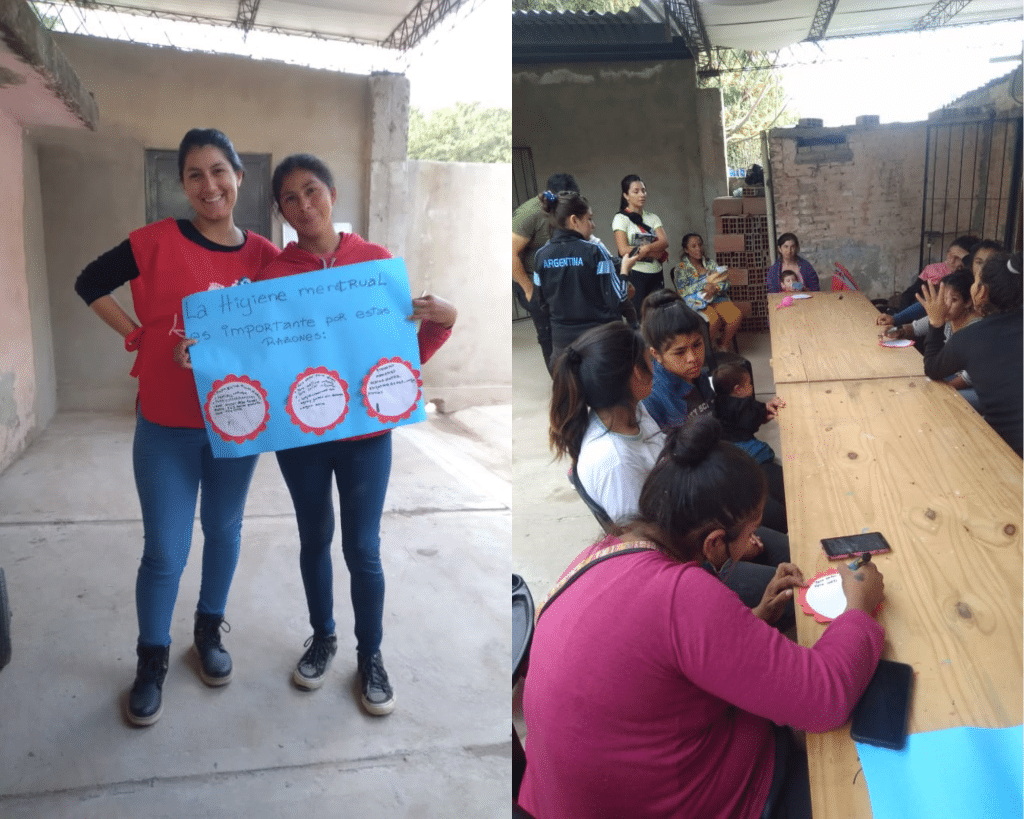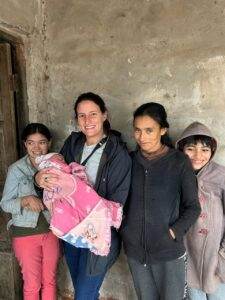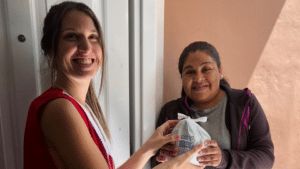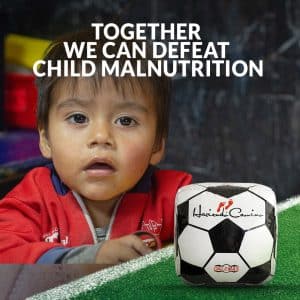Menstrual hygiene, another right for women's health in Northern Argentina

Mums doing activities at the health workshop commemorating world menstrual hygiene day.
(Credits: Haciendo Camino)
In Argentina, more than 12 million people menstruate. However, the barriers they experience in accessing menstrual management products (pads, tampons, cups or others), as well as the taboos surrounding menstruation, have consequences on their health, education and well-being. (Source: Access to menstrual management for more equality – Argentine Ministry of Economy)
Haciendo Camino has been dedicated for 17 years to accompanying children, women and families in vulnerable situations in the North of Argentina in order to provide more opportunities for a better quality of life.
The Health workshops aim to address topics that encompass both reproductive and non-reproductive health of women, covering aspects of the female reproductive system, its functions, the menstrual cycle, and dispelling myths surrounding it, taking into account their experiences and lifestyle.
The context in which most of them live presents serious difficulties for adequate menstrual hygiene. “The main obstacle is precariousness; some women do not have a bathroom or share a bathroom with neighbours,” explains health educator Silvana Brizuela.
In addition to the lack of sanitary measures in the home, work and education are other components that have an impact. From her position as an educator, Candela Morán says: “there is a high level of unemployment, which makes it impossible to have access to hygiene elements. In addition, most of the women do not have basic education, which makes access to information impossible due to illiteracy and the lack of access to health centres.
As for the use of menstrual supplies, they generally use only pads as they have no knowledge of others such as the cup or tampon. In addition to the economic and social situation, the first aid units or health services do not provide these hygiene elements either.
When mentioning the most frequent doubts that mothers have in the workshops, many are linked to the myths they hear about the subject. “They relate it to care about sexual relations during menstruation, and about sexually transmitted infections”, says Candela, while Silvana shares, “the most common doubts are if the brown colour is normal, if the clots are OK, how many days the period lasts, if they can have sex while menstruating or if they can get pregnant”.
Beyond this issue, more and more mothers are joining the programme. To date, 1000 women have already participated in the health workshops, which strengthens their active participation in the neighborhood and their families, and favors progressive autonomy in terms of health education.




